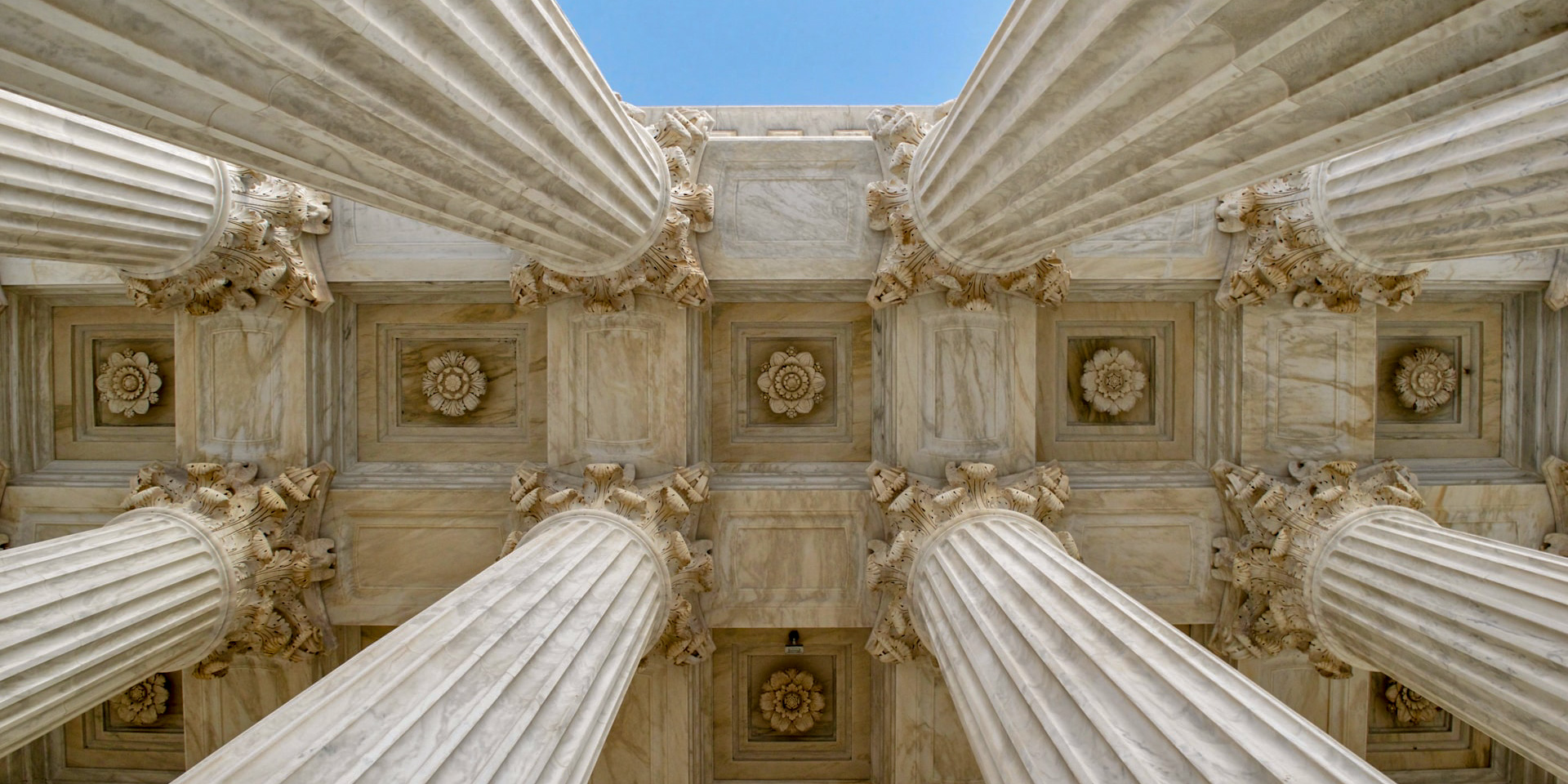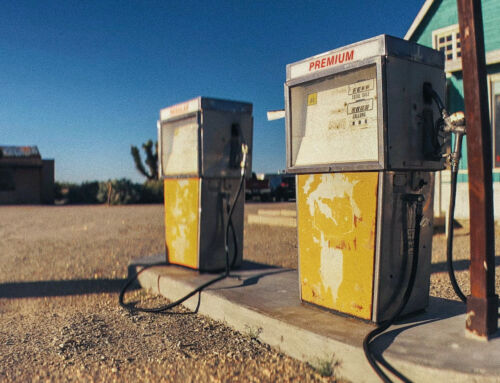View by Topic
Recent Articles
-
Congress Blocks California’s Gasoline Car BanSaturday, May 31st, 2025
-
EPA Will Keep Current Limits for “Forever Chemicals” in Drinking WaterSaturday, May 24th, 2025
-
Court Indefinitely Pauses SEC Climate Rule LitigationSaturday, May 17th, 2025
-
Maryland is About to Regulate Mold But is the Cart Before the HorseSaturday, May 10th, 2025
View by Month/Year
“Green Building Law Update” Headlines
Recent Articles & News from
Stuart Kaplow’s blog
at GreenBuildingLawUpdate.com
- EPA Will Keep Current Limits for “Forever Chemicals” in Drinking Water May 25, 2025
- Court Indefinitely Pauses SEC Climate Rule Litigation May 18, 2025
- Maryland is About to Regulate Mold: But is the Cart Before the Horse? May 11, 2025
- BEPS Redux: The Most Far Reaching Environmental Legislation of the 2025 Maryland General Assembly May 4, 2025
Subscribe to the Green Building Law Update!
Stuart Kaplow brings his expertise and extensive experience to the table with his unique digital publication, "Green Building Law Update". Subscribers receive regular updates to keep them informed about important issues surrounding Environmental Law, Green Building & Real Estate Law, as well as the emerging demand for Environmental Social Governance (ESG).
Get fresh content through the lense of Stuart Kaplow's cutting-edge expertise, innovative commentary and insider perspective. Don't miss another issue! Subscribe below.

20 States Sue in Supreme Court to Block Climate Tort Actions by California and Others
Last Thursday 20 states filed suit in the U.S. Supreme Court against 5 other states claiming that defendant states’ attempts to dictate the future of the American energy policy through state tort actions, disrupt energy access and threaten federalism.
More eloquently stated, more than 100 million Americans across 20 states do not want their energy laws made by the Attorney General of California who they did not vote for and cannot not even name.
A score of states led by Alabama including Alaska, Florida, Georgia, and others, are the plaintiffs. The defendants include California, Connecticut, Minnesota, New Jersey, and Rhode Island.
A Motion for Leave to File Bill of Complaint was submitted to the Supreme Court of the United States. Possibly the best statement of law in the pleading is, “When controversies arise among sovereigns, their options are diplomacy or war.” The U.S. Constitution grants the Supreme Court original jurisdiction over cases involving disputes between states.
The claim is simple, “Defendant States assert the power to dictate the future of the American energy industry. They hope to do so not by influencing federal legislation or by petitioning federal agencies, but by imposing ruinous liability and coercive remedies on energy companies through state tort actions governed by state law in state court.” The underlying rationale of this case is as simple as the offending 5 states should not get to sue oil companies claiming the legal businesses, operating globally, “created statewide climate related harms” in their states seeking billions of dollars that will negatively impact the ability to buy fuel in the other 45 states.
The legal theories are fun to ponder in any U.S. Supreme Court case and in particular here where there are only three. Count I is a claim for horizontal separation of powers, “Attempts by Defendant States to use their own laws to regulate activity or extract liability for emissions by or wholly within Plaintiff States violate this separation of powers, ..” when for example, California sues oil companies alleging that they concealed or misrepresented the risks.
Count II is rooted in the concept that “States have never had the power to regulate interstate emissions under state law. Rather, as this Court has long held, the regulation of interstate emissions lies exclusively within the competence of the federal government” under the Clean Air Act and otherwise trumped by the Supremacy Clause.
And Count III avers that “attempts by Defendant States to regulate activity within Plaintiff States violate the Commerce Clause” which prohibits states from enacting laws that regulate commerce outside their borders.
The crux of the relief requested is to have the U.S. Supreme Court, “Declare attempts by Defendant States to enjoin the promotion, sale, and/or use of traditional energy products, such as oil and natural gas, in or to Plaintiff States unconstitutional and beyond the competence of Defendant States to prosecute.”
This case is necessary because by way of example the City and County of Honolulu filed suit seeking to impose billions of dollars in penalties on the energy industry for allegedly causing a “global climate crisis.” Honolulu claims that the companies deceived consumers about the emissions created by everyday products like gasoline. The Supreme Court has declined to take cases like this brought against oil companies, including one brought by the City of Baltimore, and send them back to state courts for adjudication, which is what makes this case so important. See the 20 state amicus brief in the U.S. Supreme Court in that case that raises substantially the same legal issues raised here. The Supreme Court has not yet ruled on the energy companies’ request to hear the case.
Despite that legal commentators suggest it is unlikely the high court will take this case where federal courts have already denied the same theories, it is clear Americans don’t want their public policy made by the Attorney General of California. In these divided times, with almost no national environmental and energy public policies, when controversies have arisen between the states, “.. their options are diplomacy or war ..” or the Supreme Court.
To quote Steve Marshall, the Attorney General of Alabama, the lead plaintiff, “It is the Supreme Court’s job to resolve this dispute and put an end to the experiment in extraterritorial climate regulation. Failure to do so would betray the contract of the union.”
This court filing in Alabama et al v. California et al is a good academic read.









